Hello everyone,
I have tried to read as many comments as possible but this thread is quite long to say the least. Apologies if I have missed some of yours.
There are few things I note on the debate about CICO:
- CICO is the default position
- So if an alternative hypothesis has any slight setback, then we need to come back to the default position which is CICO
- Although CICO is the default position, people (proponents and critics) seem to endorse different definitions of CICO…which complicates the problem drastically
It appears that the reason why CICO is the default position (point 1 above) comes from an appeal to thermodynamics and, in particular, the first law of thermodynamics.
There is an insidious, semantic, problem with this narrative. By claiming that CICO is (solely) grounded in something as hardly evidenced as a more than century-old law of physics, it implicitly removes this privilege to any alternative hypothesis to understand what are the conditions for net fat loss to occur.
Many people here and quite famous researchers/doctors/nutritionists have had various takes at this “thermodynamic” argument and, ultimately, what they are saying is that thermodynamics is not the preserve of CICO…and that is perfectly correct in my opinion.
From a philosophy of science perspective I think CICO is default because it is what has been taught for decades. It is as simple as that. The fact that its definition is rather vague (point 3 above) also helps the CICO trademark to work in situations where some definitions of CICO would contradict both direct observation from people trying to lose weight and more in depth and systematic studies. Again, this is a quite common strategy in scientific practice (this is a quite standard way to avoid Popperian falsification).
Is there any feature of CICO that most of its proponents would agree with? I think there is at least one:
F1: CICO = fat loss can only occur under caloric deficit.
As some have pointed out in this discussion, measuring and/or predicting energy expenditure in a consistent manner is a very delicate thing to do and almost no-one has an accurate appreciation of their own BMR. So the whole idea of “caloric deficit” seems relatively impractical to me.
In practice, it seems to me that a judgment that an individual is in “real” caloric deficit or not comes as an a posteriori interpretation of an observed fat loss or gain through the lenses of CICO. So, I would boldly claim that more often than not coach-based or personal evidence of CICO relies on a circular argument.
Let’s assume though that someone actually eats less and, as a result, observes fat loss, does that support CICO at the expense of alternative hypothesis for fat loss? I don’t think so.
While it doesn’t contradict CICO (in the sense of F1), eating less (and we are not talking about lettuce here) also naturally decreases insulin levels which could enable more fat burning, especially when sustained for more than few days. So it doesn’t seem to contradict the link between insulin levels and fat loss either.
It is possible (this is an hypothesis of mine) that many fat loss results serve as “false positive evidence” for CICO while they could also be totally explained by alternative hormonal hypotheses.
The main point here is “what is driving fat loss”. If fat loss is primarily dictated by how hormones control fat storage and burning then there is the possibility that acting on these hormones alone with a targeted diet induces fat loss without changing the previously adopted calories-in and calories out (by “calories out” I mean the ones we can actively act on like physical work and/or exposure to cold sources). Lowering calories-in by reducing food intake may simply be one way by which one can act on these hormones. In that sense CICO becomes a secondary control measure for fat loss. This is a viewpoint that Dr Fung has put forward for example.
There is still a way to make CICO undefeated, even using definition F1 above. That is, again, by interpreting fat loss as indicating caloric deficit (even if some chamber says otherwise, it is still possible to state that the chamber is not measuring the right thing). In that case, it will be suggested that the dietary changes do affect hormones which will increase the BMR and, in fine, induce a caloric deficit. In this version of the story the primary control is caloric deficit and affecting hormones becomes a secondary control measure to achieve that goal.
I think the point is not to know which trademark is correct, because it will only be imposed by communication strategies and active lobbying, but rather to be aware of which tools at our disposal for fat loss.
Pioneers on the links between fat loss and hormones and dietary ways to achieve targeted hormonal changes for fat loss have compelled everyone in the nutritional, medical and fitness communities to be aware of the kind of food they advise people to eat to achieve their goals and it seems to me that both communities (CICO and others) mostly agree that what you eat is as important as the amount of what you eat.
Let’s appreciate that there is something they seem to agree on  .
.
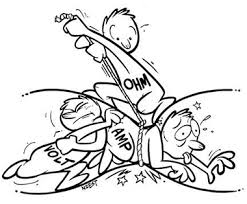
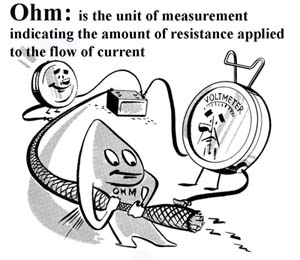
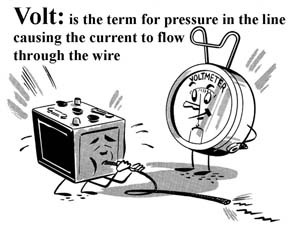
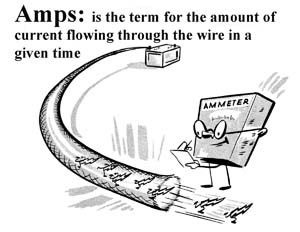
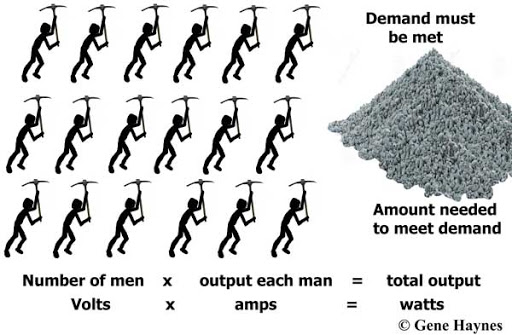


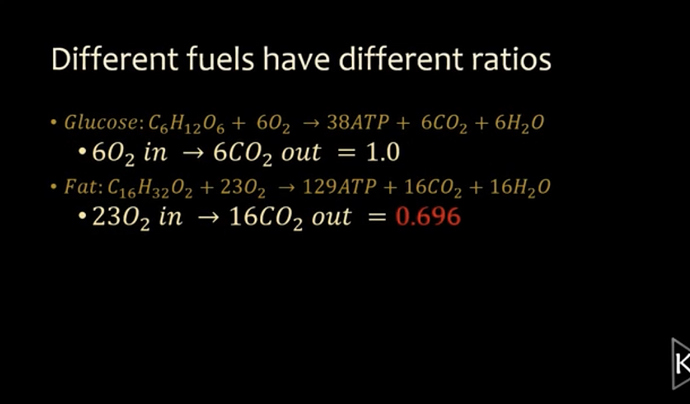
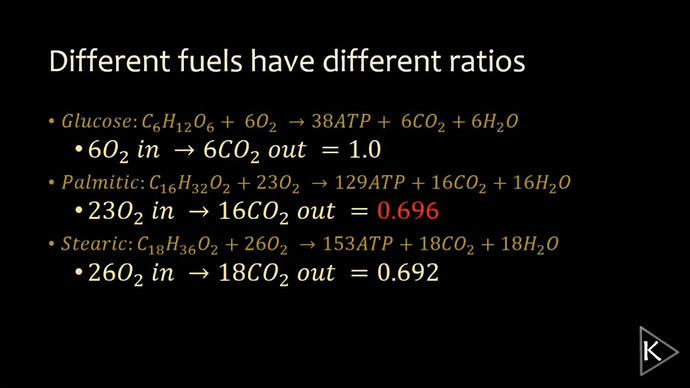
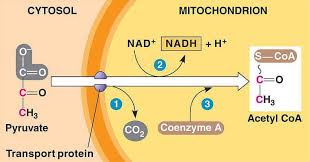
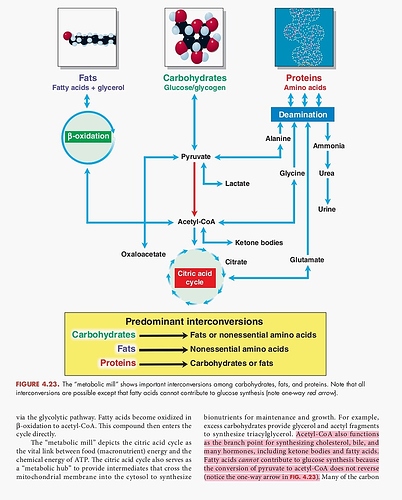




 .
.